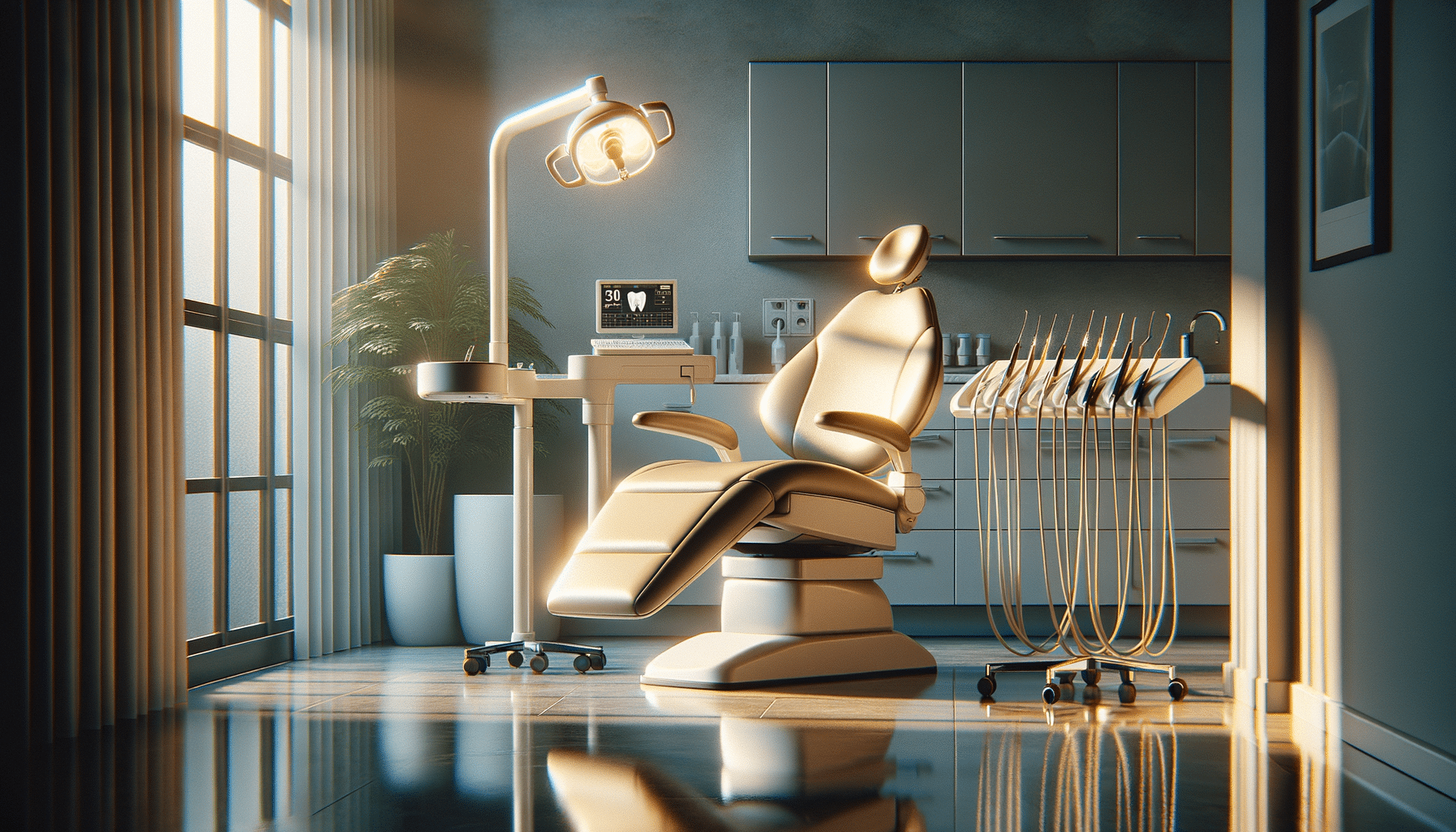
Learn more about dental care
The Basics of Dental Care
Dental care is an essential part of maintaining overall health and well-being. It involves a range of practices aimed at keeping the mouth, teeth, and gums healthy. Good dental care is crucial because it helps prevent tooth decay, gum disease, and other oral health issues that can impact your general health. The basics of dental care include regular brushing and flossing, which are simple yet effective ways to remove plaque and food particles from the teeth. Brushing twice a day with fluoride toothpaste and flossing daily can significantly reduce the risk of developing cavities and gum disease.
Regular dental check-ups are also a key component of dental care. Dentists can detect early signs of oral health problems and provide treatments that prevent them from becoming severe. Professional cleanings during these check-ups remove tartar build-up, which cannot be removed by brushing and flossing alone. Additionally, dentists can offer advice on diet and lifestyle choices that support oral health, such as reducing sugar intake and quitting smoking.
In summary, the basics of dental care involve a combination of personal hygiene practices and professional dental services. These efforts work together to maintain oral health, prevent disease, and improve overall quality of life.
Understanding Common Dental Issues
Dental issues are common and can affect anyone. Understanding these problems is the first step in preventing them. Tooth decay, also known as dental caries or cavities, is one of the most prevalent dental issues. It occurs when plaque, a sticky film of bacteria, forms on the teeth and produces acids that erode the enamel. This can lead to holes in the teeth, pain, and, if untreated, infections or abscesses.
Another common problem is gum disease, which ranges from gingivitis, a mild inflammation of the gums, to periodontitis, a more severe condition that can result in tooth loss. Gum disease is often caused by poor oral hygiene, which allows plaque to build up on the teeth and harden into tartar. Symptoms include swollen, bleeding gums and bad breath.
Other dental issues include tooth sensitivity, which causes discomfort or pain when consuming hot or cold foods and beverages, and oral cancer, which can be life-threatening if not detected early. Regular dental visits are crucial for identifying these issues and receiving appropriate treatment.
Overall, understanding common dental issues and their causes can empower individuals to take preventive measures and seek timely treatment, thereby safeguarding their oral health.
The Importance of Preventive Dental Care
Preventive dental care is essential for maintaining oral health and avoiding costly and painful dental treatments. It focuses on keeping the teeth and gums healthy through regular practices and professional interventions. The cornerstone of preventive dental care is maintaining good oral hygiene, including brushing and flossing, as mentioned earlier.
Routine dental visits play a significant role in prevention. Dentists can perform professional cleanings to remove plaque and tartar that cannot be eliminated by home care alone. They also conduct thorough examinations to detect early signs of dental problems, allowing for timely intervention. Sealants and fluoride treatments are other preventive measures that dentists may recommend to protect teeth from decay.
Diet and lifestyle choices are also crucial aspects of preventive care. A balanced diet rich in vitamins and minerals supports healthy teeth and gums. Limiting sugary snacks and drinks can reduce the risk of cavities. Furthermore, avoiding tobacco products is vital, as they are linked to gum disease and oral cancer.
In conclusion, preventive dental care is a proactive approach to maintaining oral health. By incorporating good hygiene habits, regular dental visits, and healthy lifestyle choices, individuals can significantly reduce their risk of dental problems and enjoy a healthier smile.
Advancements in Dental Care Technologies
The field of dental care has seen significant advancements in technology, enhancing the quality and effectiveness of treatments. These innovations have made dental procedures more efficient, comfortable, and accessible to patients.
One such advancement is the use of digital imaging and radiography. Traditional X-rays have been replaced by digital radiographs, which provide clearer images with less radiation exposure. This technology allows dentists to detect issues more accurately and plan treatments more effectively.
Laser dentistry is another exciting development. Lasers are used in various procedures, such as treating gum disease, removing tooth decay, and whitening teeth. They offer precision and reduce discomfort, bleeding, and recovery time compared to traditional methods.
3D printing technology has also made its way into dental care. It is used to create dental implants, crowns, and braces with high precision, ensuring a perfect fit for patients. This technology has revolutionized the way dental devices are manufactured, making them more affordable and accessible.
In summary, advancements in dental care technologies have transformed the dental industry, offering patients more efficient, comfortable, and personalized care options. These innovations continue to evolve, promising even better outcomes for oral health in the future.
Tips for Maintaining Good Oral Health
Maintaining good oral health is essential for overall well-being. Here are some practical tips to help you achieve a healthy smile:
- Brush your teeth at least twice a day using fluoride toothpaste. This helps remove plaque and prevent cavities.
- Floss daily to remove food particles and plaque between teeth that your toothbrush can’t reach.
- Use an antimicrobial mouthwash to reduce bacteria and freshen breath.
- Eat a balanced diet rich in fruits, vegetables, and dairy products to provide essential nutrients for strong teeth and gums.
- Limit sugary snacks and drinks to reduce the risk of tooth decay.
- Stay hydrated by drinking plenty of water, which helps wash away food particles and bacteria.
- Visit your dentist regularly for check-ups and professional cleanings. These visits are crucial for detecting and treating problems early.
- Avoid tobacco products, as they can lead to gum disease and oral cancer.
By following these tips, you can maintain good oral health and reduce the risk of dental problems. A healthy mouth contributes to a healthier body, making it an essential part of your overall health routine.


